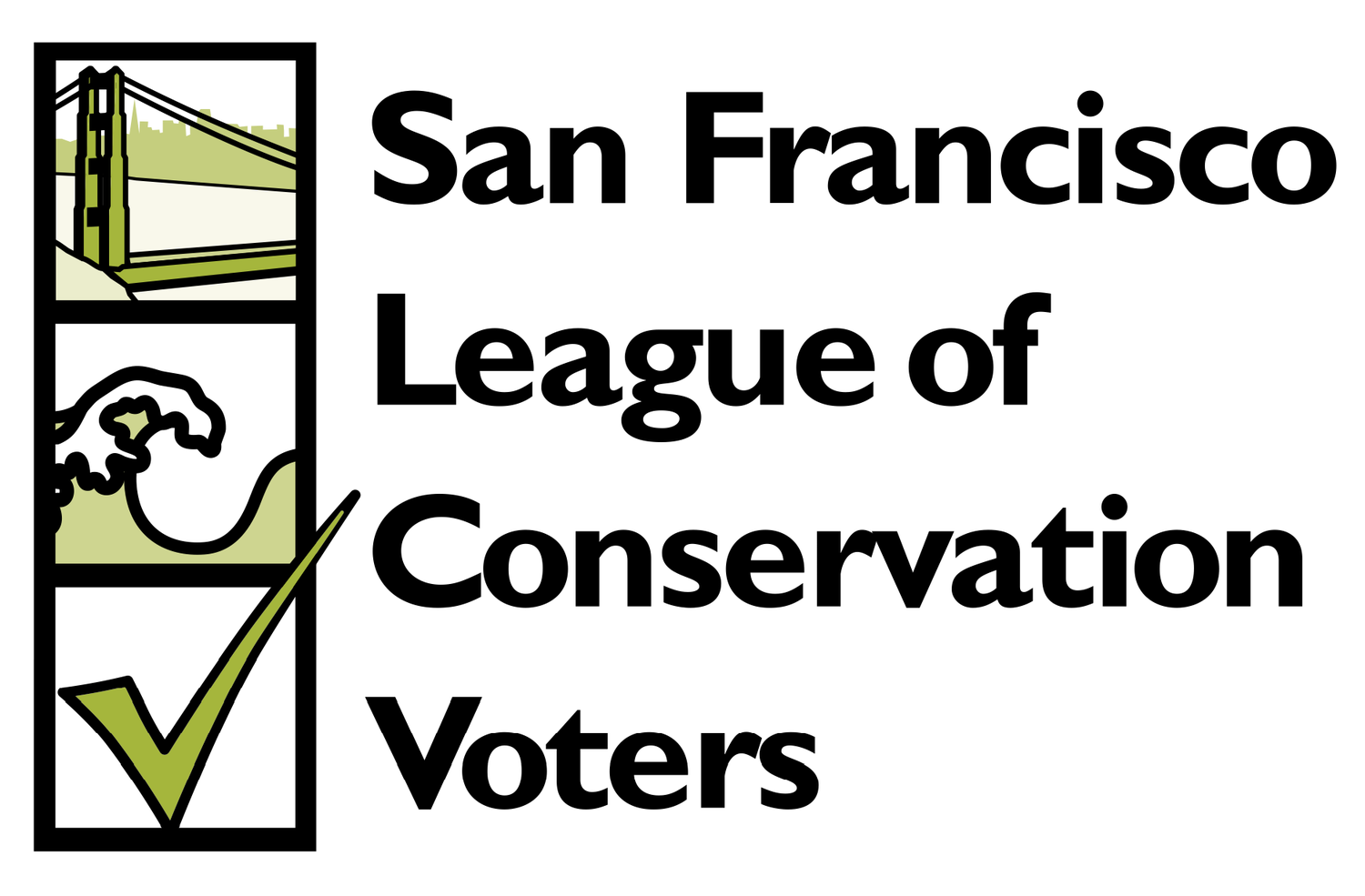Summary of the Measure
The Sustainable Parks Funding measure, or Proposition B, is a city charter amendment that would renew the Open Space Fund first passed by San Francisco voters in 2000. That fund is set to expire in 15 years; this measure would extend it through 2045-46 and would gradually increase over time from the current level.
Measure B was placed on the ballot by Supervisor Mark Farrell and supported by Supervisors Avalos, Breed, Campos, Cohen, Farrell, Kim, Mar, Wiener, and Yee. The measure enjoys broad support.
Reasons to support Prop B
A crisis in funding
Over time, park maintenance funding in San Francisco has dwindled. In lean years, the City cut the park budget; in good years, that funding has not been restored. This has led to a crisis situation: today, according to the SF Parks Alliance, the vast majority of park maintenance funds are going to emergency repairs. That’s unsustainable, both economically and environmentally.
Though San Francisco voters have generously approved bond measures for parks in 2012 and 2008, these are only for capital improvements. By state law, bond funds cannot go toward maintenance, the day-in day-out attention that keeps our parks clean, green, and safe for everyone.
A sustainable solution
Proposition B builds upon the Open Space Fund passed by voters in 2000, which aimed to provide a sustainable funding source for parks. Proposition B will ensure the City’s General Fund set-aside for the Recreation and Parks Department cannot fall below 2015-16 funding levels, gradually increases over time, and ensures stable funding for the next 30 years through 2045-46.
Clear plans, and more equitable investment
The measure would require the Recreation and Parks Department to set goals and measures, develop a five-year strategic plan, and set annual operation and capital spending plans. These plans would also have to include a new equity analysis, comparing existing Recreation and Park services and resources in under-served communities with those in the City as a whole. The plans would have to include strategies to address the findings of the analysis. These annual plans, including the equity report, would be presented to the Recreation and Parks Commission and Board of Supervisors.
This should bring more accountability to the Recreation and Parks Department and make its spending decisions more transparent to the public. It should also make sure that public spaces in the city’s most disadvantaged neighborhoods—where parks are most needed—stay safe and clean for all.
Concerns about Prop B
Set-asides
The primary argument against Prop B is that it is a set-aside, which on good government principles is not something that the SFLCV generally supports. Set-asides restrict the ability of public agencies and elected leaders to allocate resources based on changing needs—based on more information than voters generally have. This is why Supervisors Tang and Peskin did not vote for Prop B.
However, set-asides allow voters to set general priorities for their leaders, and there are examples that work well, most notably the Library Preservation Fund. Parks, like libraries, are broadly important but easily ignored in the budgeting process; we believe that the history of chronic underfunding makes this measure worth it. Parks, like libraries, are heavily used by San Francisco residents, who will all benefit from better maintenance of public spaces.
The measure has some safety valves, too: it is based on revenue (rather than requiring a certain amount of spending), and its growth can be suspended in years where a major budget deficit is forecast.
Management
Prop B has also been opposed based on questions about the Recreation and Parks Department's management of funds and about privatization. We would have liked to see a plan for how additional funds will be spent. However, the reporting requirements should help address these concerns by bringing more accountability and transparency.
Conclusion: Vote Yes on Prop B
Overall, the San Francisco League of Conservation Voters strongly supports Prop B to provide funds to maintain our parks, giving all San Franciscans access to the pleasant outdoor spaces that help make life enjoyable in our dense, sustainable city.




